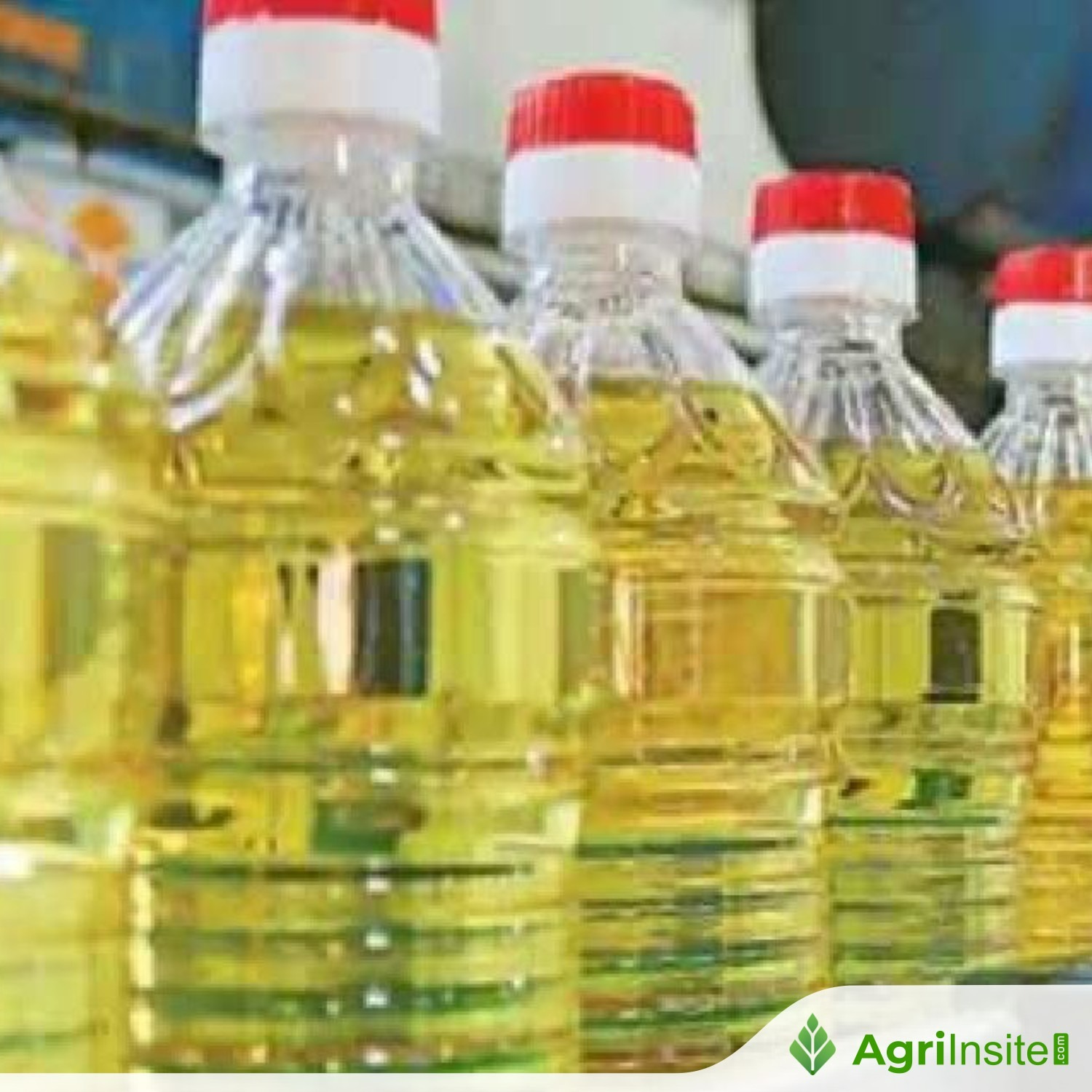Increase in import duty on edible oil to have wide-ranging effects on food sector in India, says GlobalData

The Indian government’s 20% basic customs duty on crude edible oils, like sunflower, soybean, and palm oil, aims to support domestic farmers but may raise concerns for consumers and foodservice operators. Increased import costs could lead to higher prices for processed foods, affecting sales during the festive season. While boosting domestic production, it may also trigger inflationary pressures.
With the government imposing a 20 per cent basic customs duty on various edible oils to support domestic farmers, GlobalData said, this is expected to have a wide-ranging effect across the food sector. The duty hike is announced on crude edible oils, such as sunflower, soybean, and palm oil.
Shravani Mali, Consumer Analyst at GlobalData, said, “According to the statistics published by the Solvent Extractors’ Association of India, the import of edible vegetable oils registered an annual uptick of 1.2 per cent, during the first eight months of 2024. However, the increase in import duty on crude edible oils can spark concerns among consumers and foodservice operators and may affect sales during the festive season, starting in October “
In the coming months, the GlobalData report said, the import duty hike is likely to increase input costs for food manufacturers and foodservice operators, which rely on edible oils for use as raw material. For instance, an increase in the prices of palm oil may result in an upswing in production costs of many processed foods. This will lead the companies to either absorb the higher costs or pass it on to consumers, adversely affecting sales, especially among low-income households.
Francis Gabriel Godad, Consumer Business Development Manager, GlobalData India, said, “According to the Ministry of Agriculture & Farmers Welfare, India’s average import dependency for edible oils stood at 57 per cent in 2023. Palm oil dominated these imports, accounting for 59 per cent on average, followed by soybean oil, with a share of 23 per cent, and sunflower oil, at 16 per cent.
Owing to this high import dependence, the government is taking proactive steps to address it and enhance domestic production of edible oil. Francis Gabriel Godad added, “The increase in import tax on edible oils aims to boost farmer incomes. In addition, the food ministry has urged edible oil processors to maintain the maximum retail price as the current stock availability is sufficient for 45-50 days of domestic consumption and the domestic oilseed crops will arrive in October.”
Shravani Mali said, “The edible oil market is influenced by various factors such as geopolitical tensions and supply chain disruptions. A reduction in imports could shield India from such external shocks. Furthermore, the reduction in imports would mean less expenditure on foreign goods, which will positively impact the trade balance by decreasing the outflow of foreign currency.”
At the same time, Shravani Mali added, reducing imports could possibly lead to higher domestic prices for edible oils, as local supply may not meet demand. This is likely to exacerbate inflationary pressures within the economy. However, the rise in the cost of imported edible oil could encourage domestic production and will benefit domestic edible oil manufacturers, including Adani Wilmar, Patanjali Foods, and Godrej Agrovet.
“In summary, while reducing edible oil imports could lead to an improved trade balance by lowering the current account deficit, it may also result in higher domestic prices and inflationary pressures. The net effect would depend on the balance between these opposing forces and the ability of the domestic market to adapt,” concluded Francis Gabriel Godad.
















